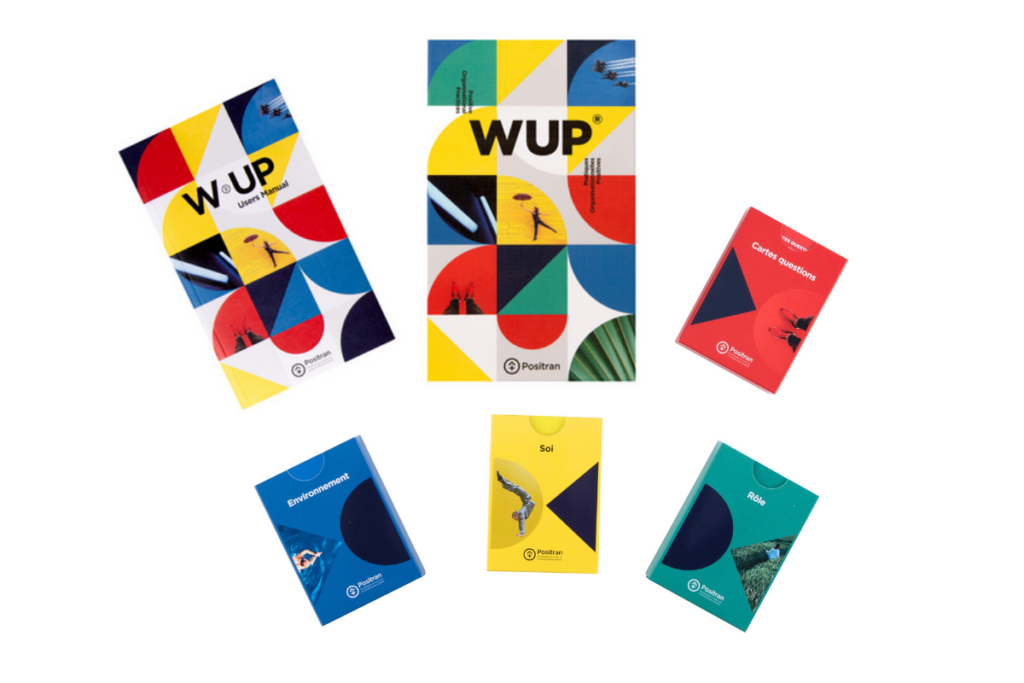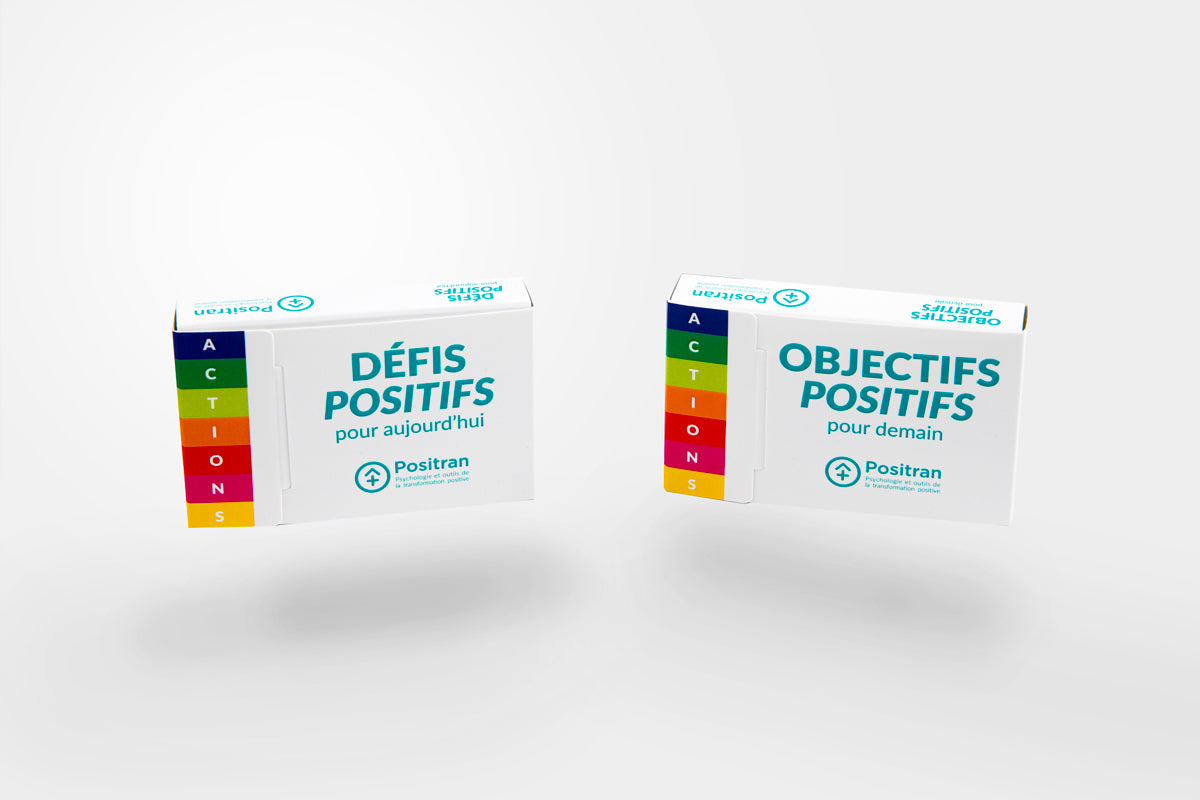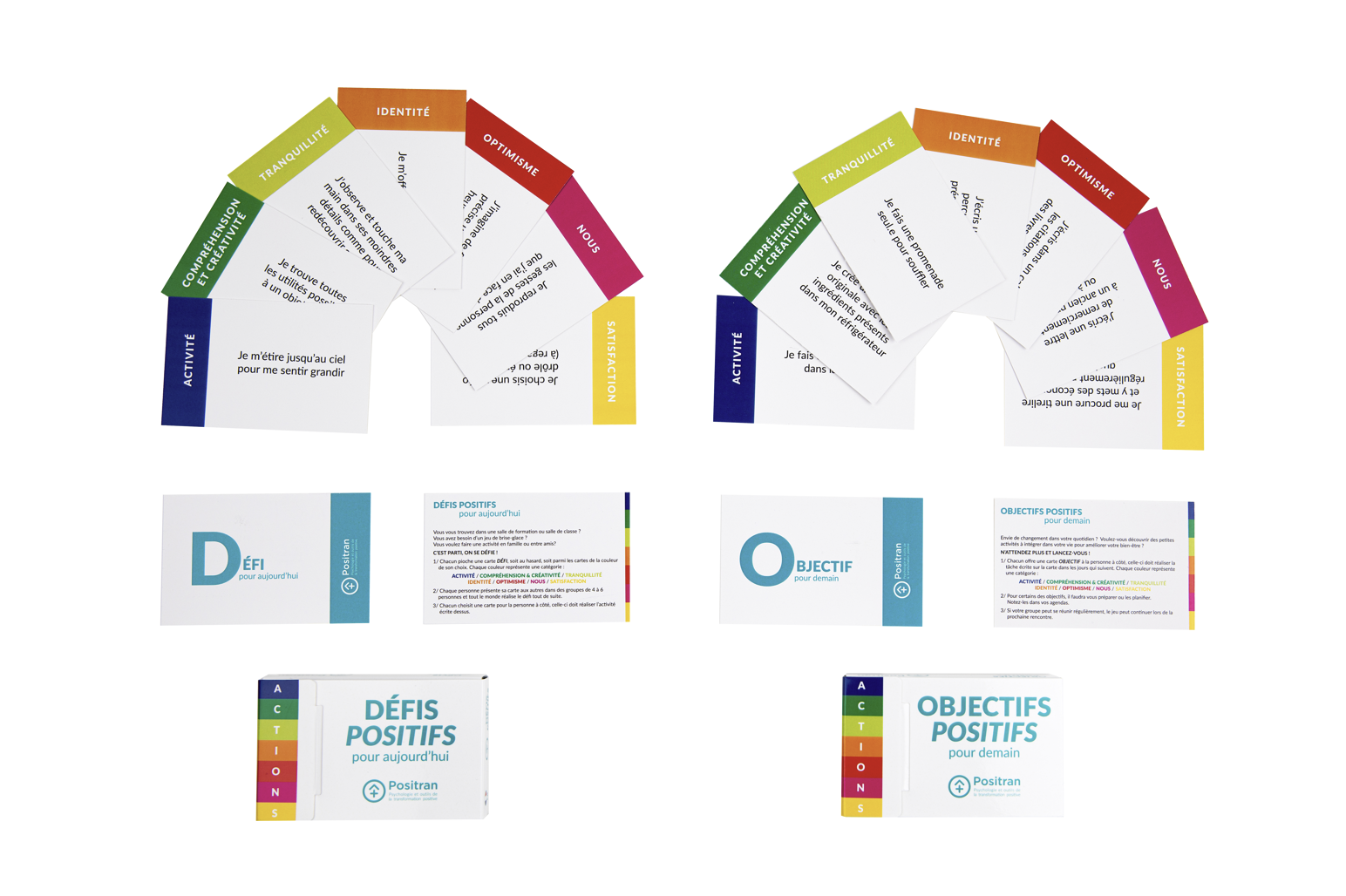
Training - Introduction to appreciative inquiry
Introduction to the Appreciative Approach: the archaeology of success.
Stop focusing on what's wrong. This introductory day will radically transform your outlook: learn to identify, analyze, and amplify what's already working to breathe new energy into your teams and projects.

Educational Objectives
Understand the 5 founding principles of the Appreciative Approach and their impact on human dynamics.
Differentiate the "problem-solving" approach from the "strength-building" approach.
Conduct an "appreciative interview" to discover the "positive core" of a person or team.
Identify professional situations where this approach can be applied for maximum impact.
Added values
For the participant:
You'll leave with an immediately applicable communication and management tool: the art of asking questions that generate energy and motivation. You'll personally experience the impact of a strengths-focused conversation and learn how to use it to improve your relationships and unblock situations.
For the company:
You're initiating a powerful cultural shift toward greater positivity and proactivity. This is a first step toward reducing cynicism, increasing engagement, and building more resilient teams capable of capitalizing on their own successes.
Issues addressed
Fatigue and cynicism in the face of constant change.
Communication focused on problems, errors and shortcomings.
Decreased motivation and recognition within teams.
Difficulty creating a climate of trust and psychological safety.
Access conditions
Integrated Training Approach:
The training is based on an interactive and engaging teaching method, alternating theoretical contributions, individual and group exercises, simulations, role plays, and facilitated discussions centered on experience and sharing.
Experiential Methodology:
- Self-diagnosis for personal awareness.
- Workshops in subgroups promoting the exchange of ideas.
- Concrete case studies to link theory to practice.
- Role-playing games to simulate real-life situations.
- Scientifically Validated Tools.
Optional (extra charge):
Possibility of follow-up modules or post-training coaching for individualized support.
Our training courses are accessible to people with disabilities.
A disability advisor is available to help you study the specific adjustments required.
Registration via a quote request or by email.
Access time according to the training programming schedule, subject to availability.
Registration is validated upon receipt of the signed agreement.
Contact: formations@positran.fr
Assessment methods
Assessment of acquired skills:
- Each activity aims to apply the concepts covered during the training.
- Questions/answers at the end of each teaching sequence
- Formative assessment through observation and feedback from the trainer and peers during workshops.
- Summative assessment through a concrete case study.
Satisfaction Questionnaire:
Hot off the press, to gather participants' immediate impressions.
Training Certificate:
- Certificate of completion of training mentioning the skills targeted.
- Certificate of completion.
3-month survey:
Measure impact with the percentage of participants who implemented key concepts.
Understand the 5 founding principles of the Appreciative Approach and their impact on human dynamics.
Differentiate the "problem-solving" approach from the "strength-building" approach.
Conduct an "appreciative interview" to discover the "positive core" of a person or team.
Identify professional situations where this approach can be applied for maximum impact.
For the participant:
You'll leave with an immediately applicable communication and management tool: the art of asking questions that generate energy and motivation. You'll personally experience the impact of a strengths-focused conversation and learn how to use it to improve your relationships and unblock situations.
For the company:
You're initiating a powerful cultural shift toward greater positivity and proactivity. This is a first step toward reducing cynicism, increasing engagement, and building more resilient teams capable of capitalizing on their own successes.
Fatigue and cynicism in the face of constant change.
Communication focused on problems, errors and shortcomings.
Decreased motivation and recognition within teams.
Difficulty creating a climate of trust and psychological safety.
Integrated Training Approach:
The training is based on an interactive and engaging teaching method, alternating theoretical contributions, individual and group exercises, simulations, role plays, and facilitated discussions centered on experience and sharing.
Experiential Methodology:
- Self-diagnosis for personal awareness.
- Workshops in subgroups promoting the exchange of ideas.
- Concrete case studies to link theory to practice.
- Role-playing games to simulate real-life situations.
- Scientifically Validated Tools.
Optional (extra charge):
Possibility of follow-up modules or post-training coaching for individualized support.
Our training courses are accessible to people with disabilities.
A disability advisor is available to help you study the specific adjustments required.
Registration via a quote request or by email.
Access time according to the training programming schedule, subject to availability.
Registration is validated upon receipt of the signed agreement.
Contact: formations@positran.fr
Assessment of acquired skills:
- Each activity aims to apply the concepts covered during the training.
- Questions/answers at the end of each teaching sequence
- Formative assessment through observation and feedback from the trainer and peers during workshops.
- Summative assessment through a concrete case study.
Satisfaction Questionnaire:
Hot off the press, to gather participants' immediate impressions.
Training Certificate:
- Certificate of completion of training mentioning the skills targeted.
- Certificate of completion.
3-month survey:
Measure impact with the percentage of participants who implemented key concepts.












